Explain How Neo-classical Theory Differs From Classical Organizational Theory
These three groups of schools of management thought are currently in vogue and found adequate for the purpose Hitt and others 1979 IV. There are three elements of neo-classical theory.

Ma Economics Mathematical Economics Note Economics Notes Economics Lessons Teaching Economics
However the classical theory focuses on task and structure while the neoclassical theory emphasizes people aspect.

. The main assumption of neoclassical theory of migration is led by the push factors which cause person to leave and the pull forces which draw them to come to that nation. This idea arose in the late 19 th century and gained prominence through the first half of the 20 th. The neoclassical theory of organization emphasized individual differences ignored earlier in the classical theory.
The modern theory considers the organization as an open system. Elements Of Neoclassical Theory Of Management. Whereas neo-classical theory emphasized social factors and emotions at work.
He named it as Theory X and Theory Y. In the Classical Theory it is assumed that a worker is satisfied when his economic and physical needs are fulfilled while in the neoClassical Theory along with the physical and economical needs of the employee his other social needs and job satisfaction is also considered. The introduction talks about the developments of the organization and organization.
Theory X represents the traditional and narrow view of human nature. He is unambitious avoids responsibility and prefers to be led. These theories can be divided into 9 different schools of thought Shafritz Ott Jang 2005.
It is based on oversimplified and mechanistic assumptions. Some orgs allow workers to do many different activities. This theory is designed to enhance the productivity of the workers.
Period of Domination Classical economics school of thought flourished primarily in Britain in the late 18 th and early-to-mid 19 th century. Classical Theory is a theory shows that workers do not need social and job satisfactions status. Classical Organization Theory Neoclassical Organization Theory Human Resource Theory or.
Thus this theory differs from the classical theory where the organization is considered as a closed system. Most classical theorists view an organization as a closed system with no interaction with its environment. It embodies the effort to improve classical organization theory.
It takes a rigid as well as a static view of organizations. He does not bother about the organizational objectives so he should be directed to achieve these goals. Every individual has emotions feelings hopes aspirations and expectations.
Classical organizational was too mechanistic and simplistic to understanding complex organization. Human relation is a general term that is frequently used to describe how a manager interacts with their employees. Cooperation toward a goal.
The Neo- classical approach developed as a reaction to the classical principles but it did not abandon them altogether Amitai Etzioni WGScott The Neo- classical theory of organization embarked on the task of compensating for some of the deficiencies in classical doctrine. This paper will concentrate on theory named neoclassical organization theory and the paper is divided as follows. The theory focuses more on the structural and also the technical aspects of organizations.
Since the organization adopts the open system several elements such as input transformation process output feedback and environment exists. Theory X assumes that the average worker is lazy and dislikes work. Politics Organization Theory Organizational Culture Theory Reform Though Changes in Organizational Culture and Theories of Organizations and Environments.
Theories can be classified into three broad groups. Neo-classical theory gave greater emphasis to man behind the machine and stressed the importance of individual as well as group relationship in the plant or workplace. It is supplement to classical approach rather than a replacement.
The NeoClassical theory posits that an organization is the combination of both the formal and informal forms of organization which is ignored by the classical organizational theory. According to contingency theorists conflict is. What are some of the key differences between Classical and Neo Classical Theory.
The Neoclassical theory states that the major cause of migration is different pay and access to jobs even though it looks at other factors contributing to the departure the essential position is taken by individual. Distinction between classical neoclassical approaches. In classical theory the organization emphasized order structure economic factors formal organization and objective rationality.
Effect relationships that explain the variation of a particular phenomenon in terms of the effects of the action of or the variation in another phenomenon the why and the how Organizational Theory Organizational theories have been engaged with the formation of overall ideas and approaches that are appropriate to any. Not everyone in org shares the same goal. Neo-classical Theory called the decision- making approach.
Classical and neoclassical theorists analysed conflict as a factor that must be avoided because it hinder with stability. This approach is often referred to as behavioral theory of organization or human relations approach in organizations. The NeoClassical Theory is the extended version of the classical theory wherein the behavioral sciences gets included into the management.
Explain how Neo-Classical Theory differs from classical organizational theory. People are interchangeable positions arent. Makes several challenges to classical theory.
Softer version of classical theory. Classical theory concentrated on job content and management of physical resources. This theory says that workers need only physical and economic status and needs.
The neoclassical theory has been divided under three heads. The informal structure of the organization formed due to the social interactions between the workers affects and gets affected by the formal structure of the organization. I Classical management theory ii Neoclassical management theory iii Modern management theory Under each group a few schools of thought are identified.
Neoclassical economics is a broad theory that focuses on supply and demand as the driving forces behind the production pricing and consumption of goods and services.

The Economic Theories Of Entrepreneurship

Neoclassical Organization Theory By Erlan Bakiev Ph D
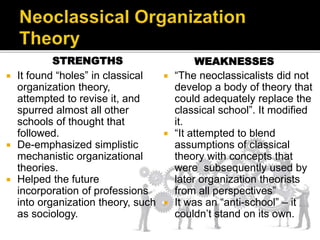
Organizational Theories Management Styles

Difference Between Classical And Neo Classical Theory Compare The Difference Between Similar Terms

Neoclassical Theory An Overview Sciencedirect Topics

The Difference Between Neoclassical And Classical Theory Youtube

Classical Neo Classical Organizational Theory Scientific Management Organizational Management Learning Theory
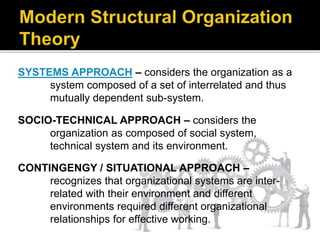
Organizational Theories Management Styles

Neoclassical Theory Of Management Propositions And Weaknesses
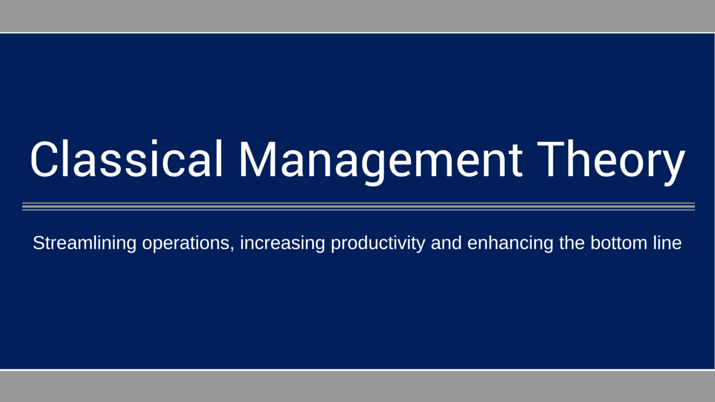
Classical Management Theory Explained

Pdf Neoclassical Organization Theory From Incentives Of Bernard To Organizational Objectives Of Cyert And March
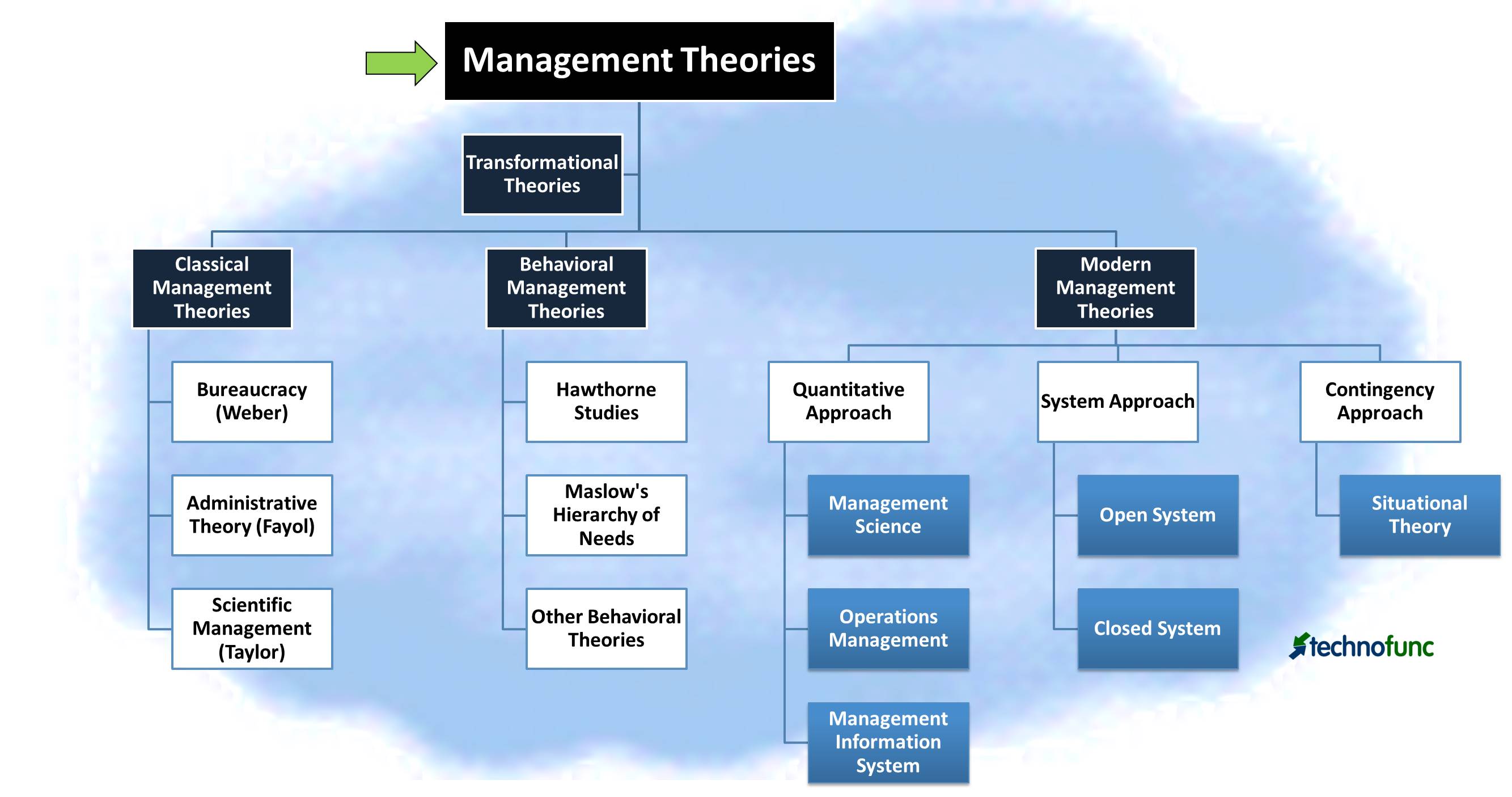
Technofunc Management Theories

Theories Of Organisation Theories Of Ob Classical Neo Classical And Modern Theories Youtube

Neo Classical Theories Youtube
/dotdash_INV_final-Modern-Portfolio-Theory-vs-Behavioral-Finance_Feb_2021-01-82cc44608fb94aa8b7f5946b7b502d57.jpg)
Modern Portfolio Theory Vs Behavioral Finance

Difference Between Classical And Neo Classical Theory Compare The Difference Between Similar Terms

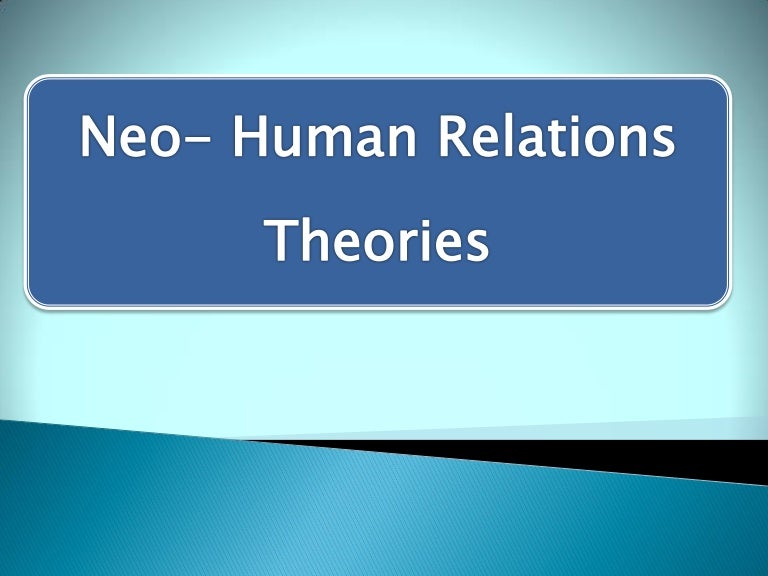
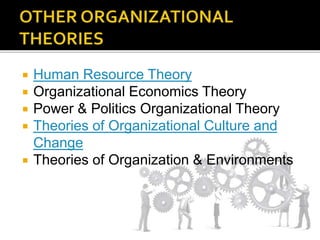
Comments
Post a Comment